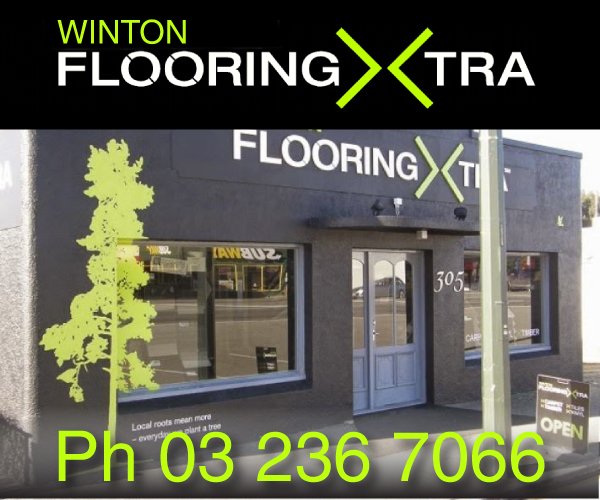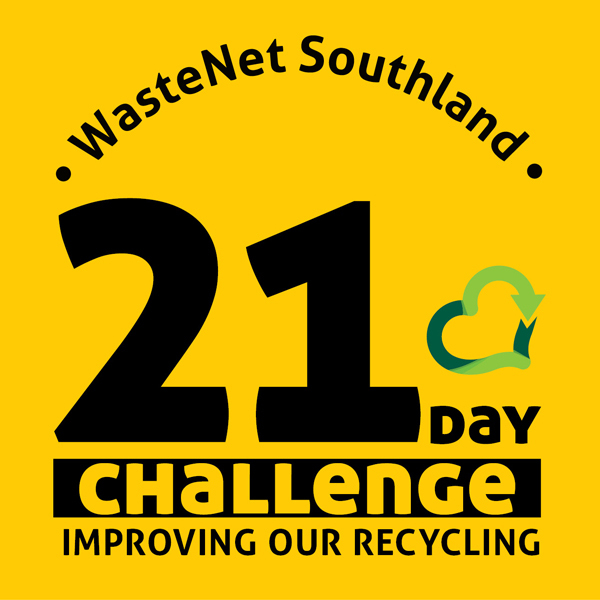Four new cases of Covid-19 in NZ today, all in managed isolation
Reporting by RNZ
09 November 2020, 1:37 AM

There are four new cases of Covid-19 in New Zealand today, all in managed isolation facilities, the Ministry of Health has confirmed.
There are no new community cases.
Director-General of Health Dr Ashley Bloomfield says the first case arrived from Austria via Qatar and Australia on 27 October. They returned a positive test on day 12.
Advertisement
Advertise on the Southland App
The second and third cases travelled together and arrived on 5 November from Dubai and returned positive tests around day three of their stay. The fourth arrived from Qatar on 5 November and tested positive around day three.
One previous case has recovered and there are 51 active cases.
Dr Bloomfield says the total number of confirmed cases is now 1630.
Yesterday labs completed 3042 tests, bringing the total to 1,139,978 tests.
Dr Bloomfield confirmed that a quarantine worker at Auckland's Jet Park facility tested positive for Covid-19 on Friday, the first case in what's now being called the "November quarantine cluster".
A close contact of the person, a fellow Defence Force worker, has since tested positive.
Advertisement
Advertise on the Southland App
Dr Bloomfield says the quarantine worker 'Case A' is accommodated at a place where quarantine workers stay in Auckland, 239 of the 242 occupants have returned negative tests. Three are pending.
Of their 25 close contacts, 23 have returned a negative result, one result is pending and the final contact is a positive result - Case B, as reported on the weekend. Case B has 55 close contacts.
Some are isolating at home, others are at isolation facilities because of the nature of their work and they will be isolated there.
Household contacts of Case B include two students who attend Hutt High school and Boulcott Primary. They have not been at school since Friday, and will remain in isolation for 14 days.
Other students and staff do not need to be isolated or tested, they are considered at low risk because both the two students have returned a negative result.
Case B flew from Auckland to Wellington on Thursday, and has nine close contacts who were seated close to them. Seven have returned negative results, all will complete 14 days isolation.
One person who was on the flight is a casual contact who has symptoms and is being tested. They attended a recent meeting in Kawhia. The Ministry says people at that meeting should monitor their health and get tested if they have symptoms, but no other action is required at this stage.
Advertisement
Advertise on the Southland App
Dr Bloomfield has thanked the two cases and their contacts for their efforts to stop the virus, and the work of all the people working at managed isolation and quarantine facilities.
There are 2,345,700 registered users of the app, about 58 percent of adult population. Some have received notifications after visiting places that were visited by the cases.
Dr Bloomfield says an enormous amount is being done to stop the virus getting out of managed isolation. "Clearly, part of our control process is to make sure we have really rapid responses if there is - and there is very occasionally - a breach.
He says the approach is safety first, prevention first.
He says no members of the Covid response team is a close contact, but one member of the Ministry of Health team was on the Auckland to Wellington flight.
"We know there will be and expect that despite all our precautions there will be the odd incursion, and that's why we have a series of systems in place to not only detect it early but then to follow up quickly. You'll have seen with all our recent border incursions we've been able to get around them very quickly ... within the next 24 to 48 hours we'll have a very good idea if we've been successful."
He says the ministry will be looking at whether the protocols for people who are working at high-risk environments, eg as a health worker at an isolation facility, should change from having face-to-face meetings.
"My message to Wellingtonians and all New Zealanders is, at the moment this looks well-contained, we will continue to update people and in the meantime carry on with our normal alert level 1 actions."
He says there has been huge demand for the managed isolation vouchers. There are already between 6000 and 7000 places at a given time, which is a much higher proportion than for example Australia.
Advertisement
Advertise on the Southland App
On options to expand the MIQ system, Dr Bloomfield says at this point they are not being considered. He says 40 percent of people coming from abroad are coming from Australia, so a travel bubble would help free that up quite a bit, but at this point from a health perspective and a wider government perspective the staffing of those facilities has reached its threshold.
He says the position reached in July, of 28 days without community transmission where the source is unknown is going to be discussed with Australia again. "It's a high bar and rightly we want to keep New Zealanders safe... but it may well be given what we've learnt since July that we could look at whether or not that's still an appropriate requirement on both countries. Because if we are going to move to a safe travel zone it needs to be doable rather than just being constantly deferred."
He says his advice to the minister is that masks should be used on public transport and flights even at alert level 1, and says there is a case for making them mandatory under alert level 1. However the government has indicated it does not want to make it mandatory at this point.
He says it is believed the first case linked to the Sofrana Surville was infected through contact with the onboarding captain, and there is no obvious link between the two workers. He says the ministry will likely give an update on the investigations into those cases this week.
Dr Bloomfield also says the ministry is working very hard to make sure health facilities are not impacted by the public health workers' strike.
He says it's understandable the workers, who include nurses, are concerned that a pay gap has opened up between them and their colleagues working in DHBs.
Reporting by Radio New Zealand
Republished by Arrangement




